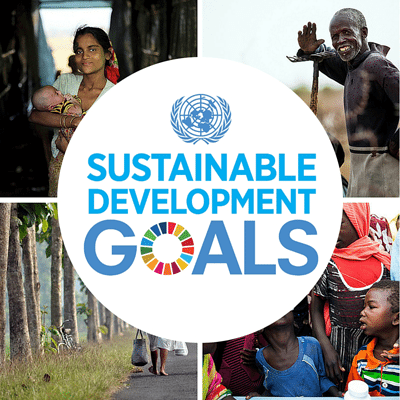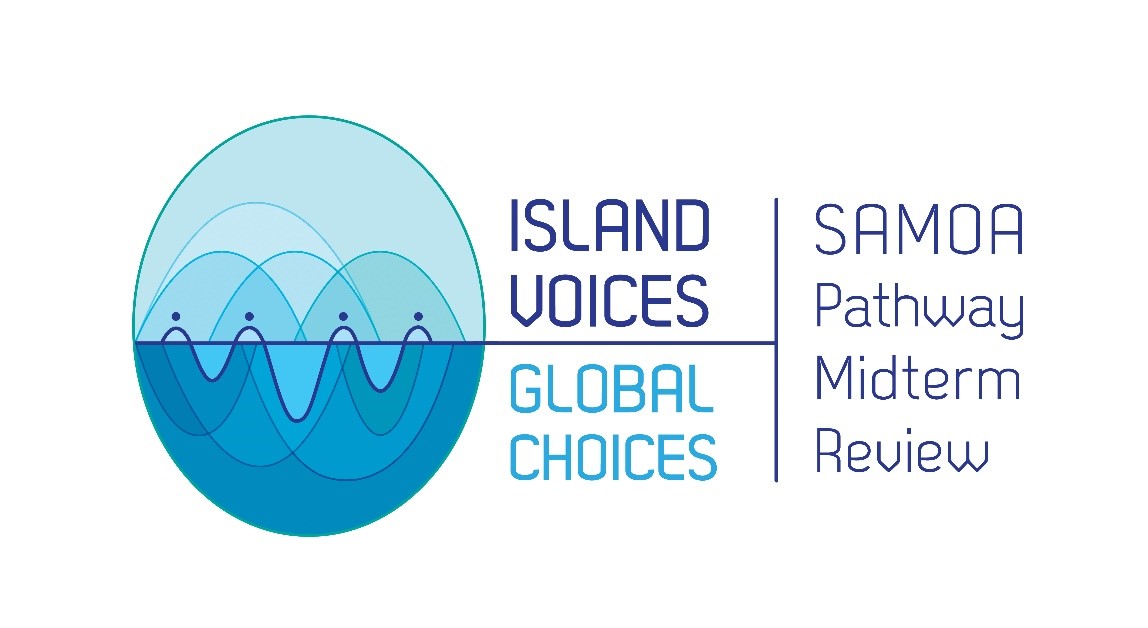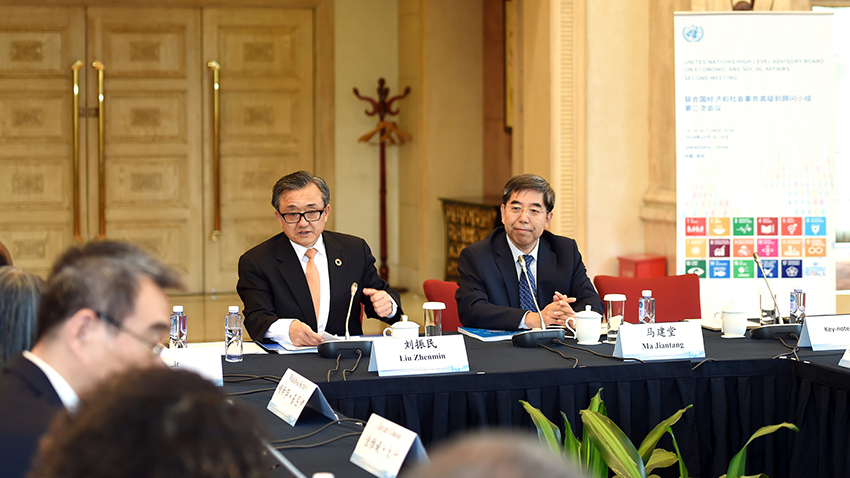 On 1 January 2016, the 17 Sustainable Development Goals (SDGs) of the 2030 Agenda for Sustainable Development — adopted by world leaders in September 2015 at an historic UN Summit — officially came into force. Over the next fifteen years, with these new Goals that universally apply to all, countries will mobilize efforts to end all forms of poverty, fight inequalities and tackle climate change, while ensuring that no one is left behind.
On 1 January 2016, the 17 Sustainable Development Goals (SDGs) of the 2030 Agenda for Sustainable Development — adopted by world leaders in September 2015 at an historic UN Summit — officially came into force. Over the next fifteen years, with these new Goals that universally apply to all, countries will mobilize efforts to end all forms of poverty, fight inequalities and tackle climate change, while ensuring that no one is left behind.
The SDGs, also known as Global Goals, build on the success of the Millennium Development Goals (MDGs) and aim to go further to end all forms of poverty. The new Goals are unique in that they call for action by all countries, poor, rich and middle-income to promote prosperity while protecting the planet. They recognize that ending poverty must go hand-in-hand with strategies that build economic growth and addresses a range of social needs including education, health, social protection, and job opportunities, while tackling climate change and environmental protection.
While the SDGs are not legally binding, governments are expected to take ownership and establish national frameworks for the achievement of the 17 Goals. Countries have the primary responsibility for follow-up and review of the progress made in implementing the Goals, which will require quality, accessible and timely data collection. Regional follow-up and review will be based on national-level analyses and contribute to follow-up and review at the global level.
Frequently Asked Questions
Related videos
News
Global Development Challenges on SDG implementation – meeting of the UN High-Level Advisory Board
The UN High-Level Advisory Board (HLAB) on Economic and Social Affairs – a group of former Heads of State, Senior Government officials, Nobel Laureate and other eminent experts on economic and social policies – will meet for its third meeting at the UN headquarters in New York on 11-12 March 2019.
Climate Action Campaign Launched by the United Nations
The renowned broadcaster Sir David Attenborough has announced the United Nations’ launch of a new campaign enabling individuals the world over to unite in actions to battle climate change.
UN Secretary-General Launches Task Force on Digital Financing for SDGs
United Nations Secretary-General António Guterres on Thursday (29 Nov) announced the launch of a global task force charged with recommending strategies to harness the potential of financial technology to advance the Sustainable Development Goals.
First UN Congress to Explore Ways to Use Geospatial Information to fight poverty and achieve the Sustainable Development Goals
New York, 16 November– To advance the innovative use of new technologies in data collection and mapping for sustainable development, more than 1,500 representatives of governments, non-governmental organizations, academic and research institutions, industry, and [...]
Small Island Developing States from around the world to assess progress on sustainable development
Representatives from Small Island Developing States (SIDS) around the world will review progress and assess opportunities for sustainable development at the Inter-regional Preparatory Meeting for the Midterm Review of the SAMOA Pathway, organized by the UN Department of Economic and Social Affairs (DESA), the UN Office of the High Representative for the Least Developed Countries, Landlocked Developing Countries and Small Island Developing States (UN-OHRLLS), and the Government of Samoa. A press conference will be held on the first day with officials from the three entities.
UN High-level Advisory Board calls for new multilateralism for sustainable development
Eminent economists and social scientists came together for the second meeting of the United Nations High-level Advisory Board (HLAB) on Economic and Social Affairs on 16-18 October. Continuing the work from their first meeting this past July, board members discussed the current and long-term socio-economic trends and their implications for the 2030 Agenda.




